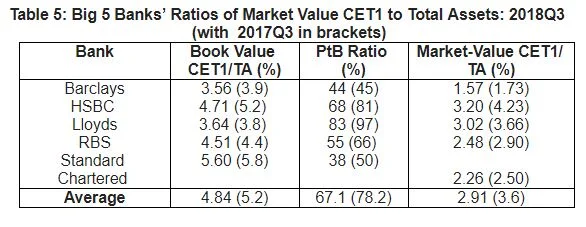A new paper from the free market, neoliberal think tank the Adam Smith Institute says UK Government should extend residency rights to Hong Kong nationals in response to violent scenes at protests in the city and a nearby military build up in Shenzen.
The United Kingdom has a duty under the Sino-British Joint Declaration to uphold the rights of Hong Kong citizens until 2047
While the United Kingdom cannot act within the territory of Hong Kong it can still act to maintain and enhance the rights of Hong Kongers within the territory of the United Kingdom.
The United Kingdom should offer British National (Overseas) status to all Hong Kongers born before and after the 1997 handover, along with an extension of full residency rights to British National (Overseas) persons equivalent to the status of full British citizens.
This would follow precedent as seen in arrival of Ugandan Asians in the 1960s and 1970s.
Following two months of protests in Hong Kong and more aggressive policing, a military build up in mainland China near the city, and more disruptive acts by protestors, the free market think tank the Adam Smith Institute argues that Britain has a duty to uphold the rights and civil liberties of Hong Kong’s citizens.
In a paper today the think tank says that, while there’s little scope for action within the territory of Hong Kong, the UK Government could (and should) provide citizenship and the right to move and live in Britain to all current British Nationals (Overseas) in the territory and allow residents there to apply for that status freely.
This would mean the 169,000 British Nationals would gain the right to move to and work freely in the UK, as well as open up the application process to the 4.5m Hong Kong nationals.
Britain has taken similar action in the past to help ex-citizens of the UK fleeing state violence with the most famous example being the persecution of Ugandan Asians by the dictator Idi Amin that saw tens of thousands of refugees come to the UK. Highly educated and with strong English language skills these refugees integrated quickly into society and they and their children are amongst the most likely to be in highly skilled professions, academia or own a business — famous Ugandan Asians include Lord Popat and Shailesh Vara MP, while Priti Patel the Home Secretary’s parents were from Uganda too.
The UK has a unique role to play in de-escalating any violence in Hong Kong and upholding the rights and civil liberties of Hong Kong’s citizens stemming from a treaty between Britain and China preceding the handover of the colony in 1997. The Sino-British Joint Declaration, the think tank argues, requires the British government to maintain the rights of Hong Kong citizens until at least 2047, but says nothing about where this has to happen.
The think tank therefore argues that the civil liberties that Hong Kong’s citizens enjoy now, should they be reduced by a heavy handed crackdown by the embattled Chief Executive Carrie Lam or by action from Beijing, could be offered in Britain instead.
It follows similar calls by Tom Tugendhat MP, chairman of the Commons Foreign Affairs Committee, this week and in a Telegraph column.
Matthew Kilcoyne, from the Adam Smith Institute and report author, said:
“Britain has a duty to uphold the rights of the citizens of Hong Kong in the face of excessive force being used toward protestors and laws that infringe on the autonomy of the city. While the UK is far away, the country has a special link to these islands, and it has a responsibility and the ability to offer a home away from Hong Kong should the need arise.”
Notes to editors:
For further comments or to arrange an interview, contact Matt Kilcoyne, Head of Communications, matt@adamsmith.org | 07904 099599.
The report ‘Doing our duty: how Britain can help Hong Kong’s citizens’ is available here.
The Adam Smith Institute is a free market, neoliberal think tank based in London. It advocates classically liberal public policies to create a richer, freer world.






